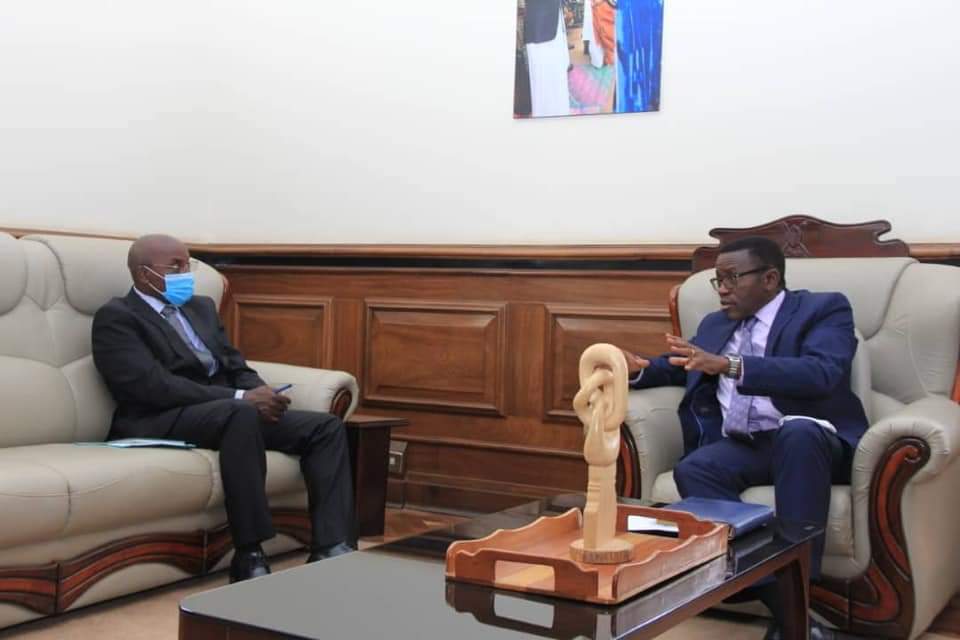
KAMPALA — New details indicate that President Museveni was warned about the Central Bank’s dealings in the controversial closure of commercial banks but that internal divisions in Cabinet and his faith in Governor Prof. Emmanuel Tumusiime Mutebile led to a halting response.
Years after over seven commercial banks had been closed and dine fraudulent sold, the Director of Public Prosecutions last week sanctioned charges against top central bank officials as findings of the Parliamentary inquiry into the sale of seven commercial banks starts to bite.
Mr Bernard Ssekabira, the Director of Financial Markets at Bank of Uganda is the first official to be summoned as the state finally takes action to sanction prosecution of the implicated officials.
A senior official at the NRM high table of politics said President Museveni was warned on the embarrassing errors by Central Bank officials but “ours were hardly enough voices”.
Throughout all that period, President Museveni repeatedly played down the seriousness of the errors by officials and focused on other issues, an array of figures inside his government — from top State House advisers to experts deep in the cabinet departments and intelligence agencies — “identified the threat, sounded alarms and made clear the need for aggressive action”.
The president, though, was slow to absorb the scale of the damage and to act accordingly, focusing instead on praising Governor Mutebile, protecting gains in the economy and batting away warnings from senior officials.
“I can tell you many potential investors ran away. You can’t fail to control such errors as a president and you think serious people (investors) will invest with you. We warned him but this continued to happen,” the official said adding, “What brought the [Bank of Uganda] officials in the spotlight was the Crane Bank takeover. Do you know why? The owner was powerful. Period”.
“In all the errors you saw the senior economist and political scientist said, the President was warned.
Even after President took his concrete action at the start of the year of refusing to renew Deputy Governor Loius Kasekende contract, the source said, he was under the influence of World Bank report that brought his administration to spotlight for failing to implement Parliament’s Cosase recommendations on Central Bank.
Unfolding as it did in the wake of investigations by COSASE, top officials at BoU were pinned by some of the key findings and recommendations of the report in regard to the closed defunct banks and disposal of their assets.
Quoting a confidential special audit report of the Auditor General (AG) which revealed weaknesses in the management of Central Bank and questioned the Governor and his team for the hitches in the closure of at least seven commercial banks, the source said, “that was a enough for the president to take action”.
In his report to Parliament, the Auditor General, Mr John Muwanga, queried BoU officials on the flaws in the closure of Teefe Bank (1993), International Credit Bank Ltd (1998), Greenland Bank (1999), The Co-operative Bank (1999), National Bank of Commerce (2012), Global Trust Bank (2014) and the sale of Crane Bank Ltd (CBL) to dfcu (2016).
The audit into the defunct banks was prompted by petitions from Crane Bank shareholders and Central Bank employees.
They petitioned then Cosase chaired by Mr Abdul Katuntu and demanded investigation into undisclosed BoU/dfcu deal and other issues in the closure of other banks.
Two whistle-blowers also petitioned Parliament and the IGG on the same matter, calling for an independent audit into the agreement BoU signed with dfcu Bank. In one of the petitions, the former Crane Bank shareholders alleged that they were excluded in the negotiations of the bank’s sale contrary to provisions of the Financial Institutions Act.
Meanwhile, the source added that decision-making was also complicated by a long-running dispute inside the administration over how to deal with Mutebile and who should replace him.





